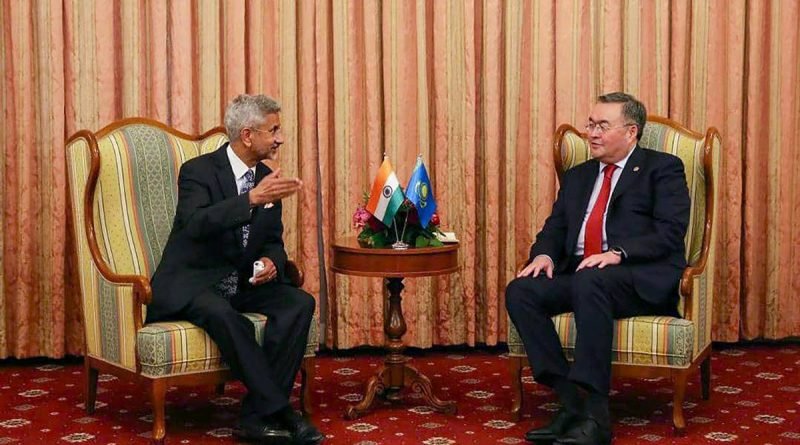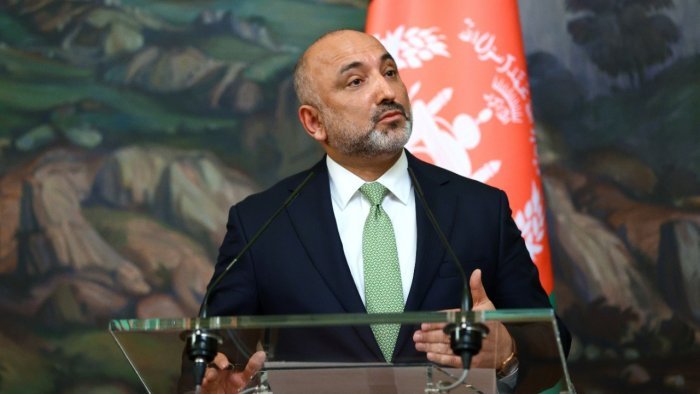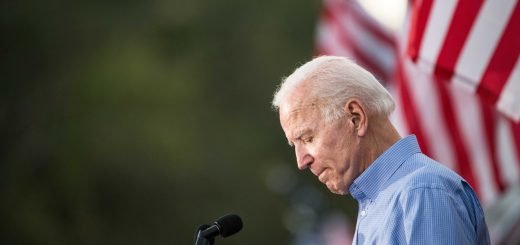Afghan Peace Proposals and India’s Emerging Role in the Peace Processes

India’s External Affairs Minister S Jaishankar recently joined the 9th peace meeting in the Heart of Asia that is the Istanbul Process in Dushanbe. EAM S Jaishankar called on Afghan President Ashraf Ghani and shared an Indian perspective on the peace process in the war-torn country. During the meeting, S Jaishankar also asserted that “Afghanistan needs “double peace” which is peace within and around the country. It requires harmonising interests of all, both within and around that country.” Now India is also expected to join Russia, China, Pakistan, Iran and the United States for a meeting which will be convened by the United Nations to get the countries on a unified approach on Afghan Peace. India’s recent involvement in these meetings is a sign of its growing significance in deciding the future of Afghanistan. At the same time, India’s participation is also a crucial opportunity for the Indian foreign policy setup to express its expectations from the end state of Afghanistan.
India’s passive role
Since last year after signing the Afghan Peace deal pushed by the former Trump administration, India has been a spectator, watching the developments from the margins. India has also not been a part of the recent ‘Extended Troika’ meeting on 18th March convened by Russia. Thus, the meetings are significant for India, as India has had virtually no say regarding the negotiations between the US and the Taliban since the peace deal has been signed last year. India has till now invested $3 billion in Afghanistan making it the largest regional investor in Afghanistan welfare. India has always advocated a peace process that is Afghan-led, Afghan-owned and Afghan-controlled.
Last month, US Secretary of State Antony J Blinken wrote a letter to Afghan President Ashraf Ghani proposing a plan for the new push for a political settlement in Afghanistan. The plan included a draft peace agreement that envisaged a transitional peace government which will include the militant group that is viewed with suspicion in New Delhi because of its deep-rooted links with the military establishment in Rawalpindi. But till now President Ghani has not shown any signs of inclination towards the new peace agreement proposed by the new Biden administration.
Counter peace plan
Now the Ghani government has come up with its Peace plan. The plan proposes that Afghanistan will hold fresh elections within a year if the Taliban agreed to a ceasefire and President will handover power to the elected government. According to President Ghani, this plan would pave the way for lasting peace based on the will of the Afghan people which will strengthen Afghanistan’s role in the international community. This plan runs counter to the US proposal which proposes a power-sharing arrangement between the Afghan-Taliban and also suggested forming an interim government to take over from President Ashraf Ghani’s government.
The strengthening bilateral relations between India and Afghanistan is evident from India’s growing development assistance towards the Afghan government, including the recent Memorandum of Understanding signed between the two countries for the construction of the Shahtoot Dam to deliver drinking water to Kabul and delivering vaccines to Afghanistan when needed. Historically also India has been involved in peace-making in Afghanistan, especially in the 1980s during the tenure of Prime Minister Rajiv Gandhi India undertook a series of efforts to restore peace in Afghanistan. Thus, in today’s India-friendly Afghanistan, it seems necessary that any meaningful peace process will need the direct participation of New Delhi, and it has itself shown the commitment to peace and political settlement in Afghanistan.
The US has been trying to mobilize regional actors to support its Peace plan to establish a power-sharing government in Kabul and thus the United States growing preference to include India can be seen as a strategic move to persuade the Afghan President to consider the American proposal by using New Delhi’s strengthening influence over Afghanistan government.
Gathering support for peace or proposal?
Through recent developments and Pakistan’s consistent participation in the Afghan Peace process, it is visible that Pakistan is again emerging as the key to the implementation of Washington’s new strategy on Afghanistan. Pakistan being an influential neighbour can both cause war and suffering to the Afghan people and can also assist peace efforts. Pakistan is temporarily getting the geopolitical advantage it has always sought in the region as it is trying to align all major players to gather support for the US Peace plan for Afghanistan.

Afghanistan Foreign Minister Haneef Atmar’s recent visit to New Delhi can be a step to gather support from India for its new Afghan proposal to conduct new presidential elections within six months if the Taliban agreed to a ceasefire. This plan comes after the Afghan President rejected the US plan to replace President Ghani’s increasingly unpopular government. As President Ghani’s popularity is shrinking among the public, it can be predicted that his role in Afghan peace may also get limited and thus, the Afghan government require India’s support to nudge the president so that he can play a more proactive role in shaping the end-state of Afghanistan.
Opportunity for India
At this crucial time, India must initiate a dialogue with the Taliban, it would also help New Delhi to directly take up its terrorism-related concerns with the militant group. The Biden administration is expected to withdraw its troop from Afghanistan by 1st May. Hence, it becomes crucial to address some of the immediate concerns of New Delhi about such a drastic drawdown which will energise India’s adversaries in Afghan. It’s high time, India should now make some hard choices if it is willing to have a seat for itself among the players shaping Afghanistan’s future.


















